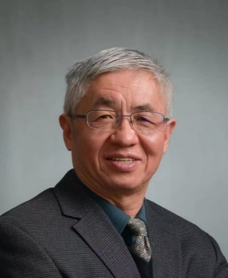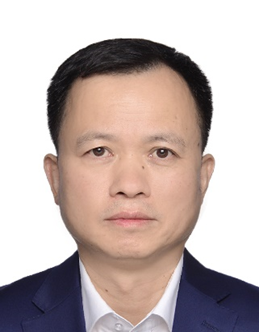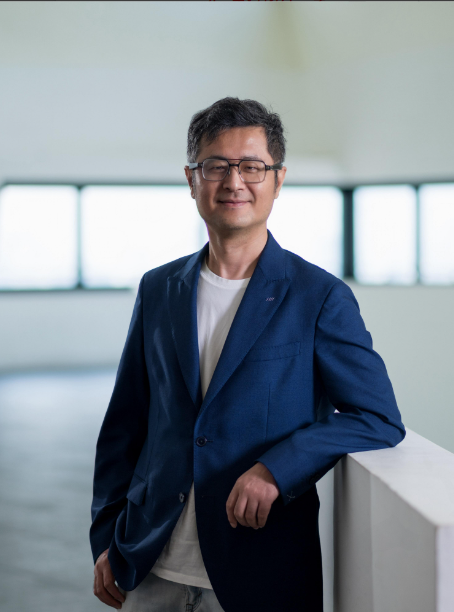HHME2024大会特邀报告
| 特邀嘉宾 | |

王坚 |
简介: 王坚,男,1962 年出生,浙江杭州人,云计算技术专家,阿里云创始人,之江实验室主任,中国 工程院院士。 王坚首创“以数据为中心”的分布式云计算体系架构,率先提出采用计算作为公共服务的产业模式, 主持研发以大规模分布式计算系统“飞天”为核心、拥有自主知识产权的阿里云计算平台,显著提升了 中国在全球云计算领域的话语权,使中国云计算的起步发展与国际基本处于同一水平。由于在云计算上 的突出贡献,2019 年当选中国工程院院士。 为了更好地以社会公益的方式推动科技创新,王坚于 2017 年创办了杭州市云栖科技创新基金会, 以“倡导科技创新、促进科技交流、凝聚科学人才”为宗旨,探索以民间非营利方式进行科技创新的新模式。 并于 2018 年发起成立了民办非营利的杭州云栖工程院,致力于以非营利的方式推动数字化时代的科学 技术创新,专注数据驱动的基础科学研究范式以及城市大脑和城市数字化领域的科技创新。同年发起每 年一次的“2050”科技活动,以“年青人因科技而团聚”为愿景,已有来自全球 300 多个城市的不同 自愿者参加了 2050 活动,成为了年青人科技交流与思维碰撞的盛会。2020 年发起创办“梦溪论坛”, 探讨科技前沿方向,打造科技创新策源地。 |
| 特邀报告一:互联网技术现状与未来思考 | |

张宏科 |
简介: 张宏科,中国工程院院士,现任北京交通大学电子信息工程学院教授、博导、移动专用网络国家工程研究中心主任、IEEE Fellow,曾任两期国家973计划首席科学家。长期从事专用通信网络理论与工程技术研究,建立了标识网络功能结构及解析映射机制,有效解决了复杂场景下网络高移动支持和高可靠传输难题,主持研制出专用网络设备与系统,为解决国家和行业专网工程急需做出重要贡献。获国家技术发明二等奖2项,省部级一等奖4项;出版专著6部。获全国创新争先奖,享受国务院政府特殊津贴,是首批全国高校黄大年式教师团队带头人。 |
| 特邀报告二:发展自主AI生态,促进人机交互新变革 | |

胡事民 |
简介:
报告题目:发展自主AI生态,促进人机交互新变革
报告简介: 新一代人工智能 (AI),特别是大模型技术的快速发展和应用,将推动人机交互范式的创 新和变革。人机交互从早期命令行、图形界面,发展到的语音识别、手势控制、行为交互等,极大地提 升了人机系统交互的效率和体验,在工业、医疗、教育、娱乐等方面有着广泛应用,深刻改变了人们的 生活和工作方式。构建我国自主 AI 生态对夯实我国 AI 技术创新发展的基础、促进人机交互技术的未来 的变革发展将起着重要的支撑作用。本报告将介绍人机交互技术演进的一些个人思考,分析我国 AI 生 态的发展现状和挑战,并介绍清华大学计图 (Jittor) 深度学习框架的创新,以及清华团队在国产 AI 生 态建设上的努力。展望未来,AI 技术将进一步推动虚拟 / 增强现实、具身智能和世界模型等技术的发展, 为人机混合智能带来新的变革和发展。 |
| Title: Heads-Up Computing: A New Interaction Paradigm for Wearable Intelligent Assistants | |

赵盛东 |
简介:
Title: Heads-Up Computing: A New Interaction Paradigm for Wearable Intelligent Assistants.
Abstract: Heads-up computing is an emerging concept in human-computer interaction (HCI) that focuses on natural and intuitive interaction with technology. By making technology more seamlessly integrated into our lives, heads-up computing has the potential to revolutionize the way we interact with devices. With the rise of large language models (LLMs) such as ChatGPT and GPT4, the vision of heads-up computing is becoming much easier to realize. The combination of LLMs and heads-up computing can create more proactive, personalized, and responsive systems that are more human-centric. However, technology is a double-edged sword. While technology provides us with great power, it also comes with the responsibility to ensure that it is used ethically and for the benefit of all. That's why it is essential to place fundamental human values at the center of research programs and work collaboratively among disciplines. As we navigate through this historic transition, it is crucial to shape a future that reflects our values and enhances our quality of life. |